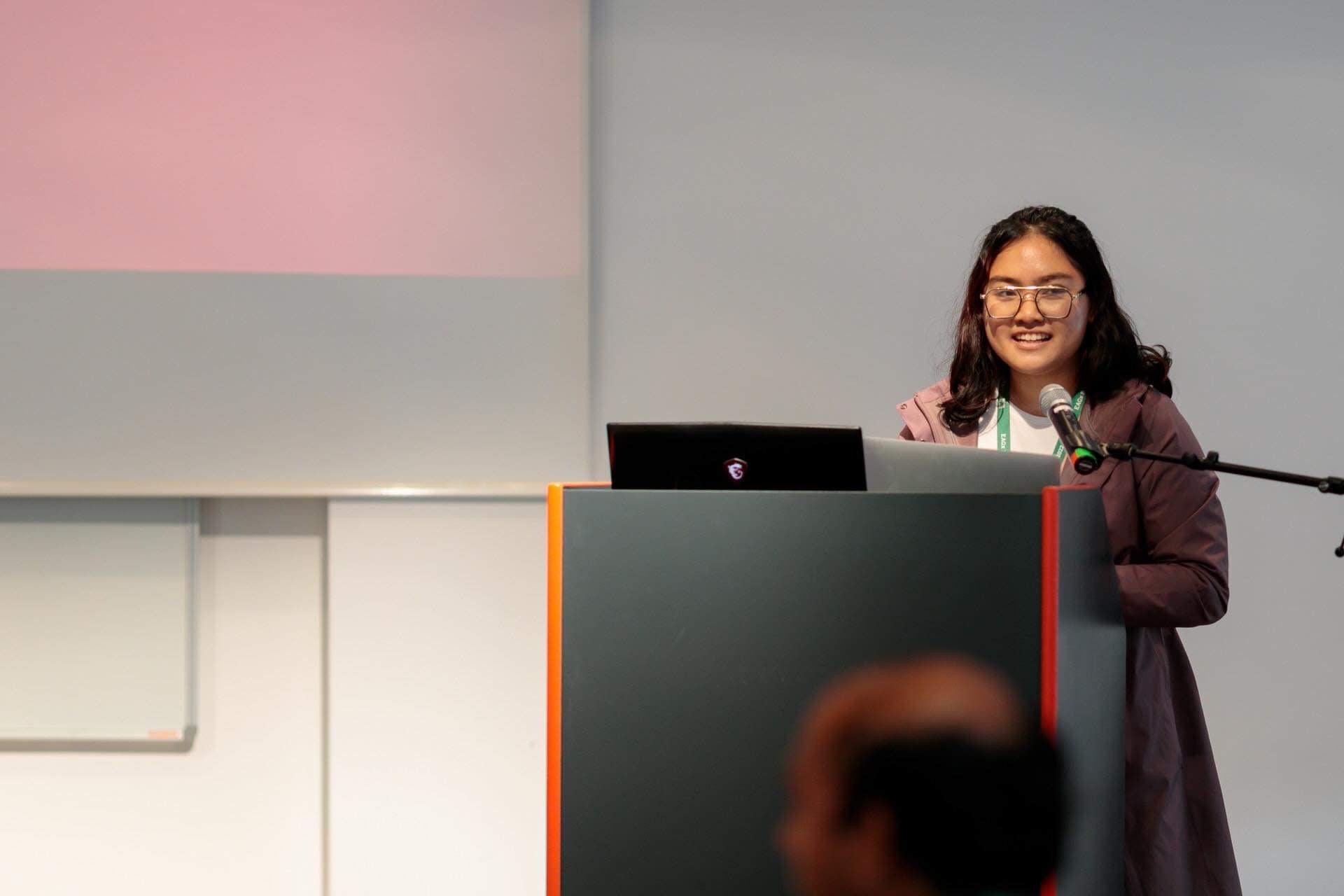What did we do?
As organizers of the EA group at UC Irvine (UCI), we ran a reading group on Julia Galef’s book The Scout Mindset during the final 5 weeks of the academic year (2022-2023). The group had a total of 8 participants with an average of 5 per session. Compared to attendance rates earlier in the academic year, this is about average. The group was diverse in both gender and ethnicity. All participants committed to reading 1 section (i.e. 3 chapters) per week prior to our 1-hour in-person discussions. As organizers, we prepared questions to help guide the discussions. Straight after, we went out to dinner together to continue our conversations about The Scout Mindset, Effective Altruism and any personal updates.
Why did we do it?
This academic year we experimented with different program structures. In the first 10 weeks, we ran the EA Introductory Program; in the second 10 weeks, we ran our own version of the EA In-Depth Program. In the last 10 weeks, we spent the first half running weekly workshops and the second half running the reading group. We decided to run a reading group because we thought it would provide structured weekly content and that it would be fairly easy to organize because we needed only to read the relevant chapters, make notes and devise questions (we had already booked a classroom on a weekly basis). We chose The Scout Mindset in particular because many of our members had expressed an interest in reading the book and we too had been intending to read it ourselves. Running this reading group kept us motivated to read the book from beginning to end by holding us accountable.
What went well?
We successfully completed the book in the intended time without losing participants (except for one who went to Boston). Our prepared questions were useful in guiding our discussions without constraining them. They also helped spark new discussions and allowed us to focus on the present discussion without frantically scouring our minds for the next question to ask. The questions we created encouraged participants to connect what they had read to their own experiences. We found that participants were more enthused by these types of questions than by straightforward terminological questions. They were also supportive and encouraging of others, which helped everyone feel comfortable sharing their personal stories. Notably, this included someone in our group with social anxiety. We were able to engage her in the discussion (in such a way that she felt comfortable) by sending her the questions in advance, enabling her to read out her answers, which she often connected to her own experiences in amazingly insightful ways.
What went badly?
Although the questions that encouraged the members to share their experiences were helpful, sometimes the discussion would go too far off-topic. We think we might have been too hesitant to interrupt and bring the discussion back on track. Separately, we could have promoted the reading group beyond our EA group. Since The Scout Mindset is not a book about altruism — nevermind effective altruism — other students, with little or no interest in EA, might have been interested in joining our reading group. Had we promoted the reading group more widely, we might have even attracted additional students to our upcoming EA Introductory Program. On the other hand, we were very satisfied with the number of participants in our group. Had more attended, the discussion might have been more diluted.
Conclusion
Overall, we were glad to have run this reading group and plan to run another reading group during the same time next year, after running the intro and in-depth programs earlier in the academic year.




Thanks a lot! I've approved them and added you as a co-author :)